.jpg)
The draft revised Law on Civil Judgment Enforcement (CJE) 2025 is composed of 66 articles, adding 13 new articles; removing 44 articles and 33 clauses and points compared to the current LJE.

One of the outstanding new points of this draft is the socialization of THADS activities. Accordingly, Bailiff offices are proposed to participate in this activity.
According to the drafting agency, the current THADS activities of Bailiffs are still limited and do not meet requirements. One of the main reasons is that there is no suitable legal basis for Bailiffs to execute.
Accordingly, the draft changes the name of the Bailiff Office (Bailiff is currently regulated in Decree No. 08/2020/ND-CP dated January 8, 2020) of the Government to the Office of THADS and Bailiffs.
Regarding authority, the Enforcement Officer (person of a private organization) has the right to verify the conditions for execution of a judgment upon request; in case the party provides the results of the verification of the conditions for execution of a judgment performed by the Enforcement Officer, the Enforcement Officer (person of a public organization) does not need to re-verify, except in cases where it is deemed necessary to re-verify; Notify about the execution of a judgment; directly organize the execution of all types of work upon request.
At the workshop, delegates focused on exchanging and discussing groups of issues to perfect the Law on THADS (amended) 2025.
Notably, the representative of the Hanoi People's Procuracy assessed that the Law Drafting Committee should draft the law in the direction that the powers of the Execution Officer are no different from those of the Execution Officer (only some tasks are not allowed to be performed). At the same time, there are provisions on "things that Execution Officers are not allowed to do" but there are no similar provisions for Execution Officers, which is not appropriate. Therefore, it is necessary to add "things that Execution Officers are not allowed to do" to avoid infringing on the legitimate rights and interests of the person who must execute the sentence, which also makes it easier for people to monitor.
Some opinions also say that the Executor is allowed to apply measures to ensure the execution of judgments and enforce judgments, and seize assets. So who will be the one to decide for the Executor to carry out this task, especially when this organization is only a private enterprise? Therefore, it is necessary to carefully consider the transfer of state power to a private organization; there must be clear sanctions for the head of the THADS office, who is fully responsible for the professional activities of the Executor, to avoid violations without a basis for handling.
Source: https://hanoimoi.vn/de-xuat-xa-hoi-hoa-hoat-dong-thi-hanh-an-708064.html



![[Photo] National Assembly Chairman Tran Thanh Man attends the inauguration ceremony of the Memorial Site of National Assembly Standing Committee Chairman Bui Bang Doan](https://vphoto.vietnam.vn/thumb/1200x675/vietnam/resource/IMAGE/2025/9/28/6feba23492d14b03b05445dd9f1dba88)








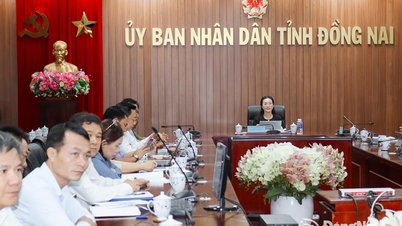

















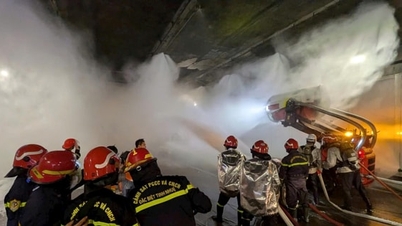

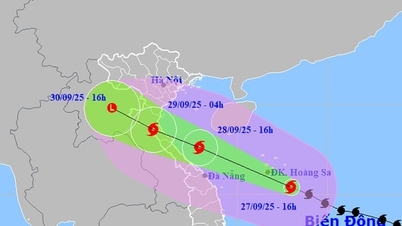
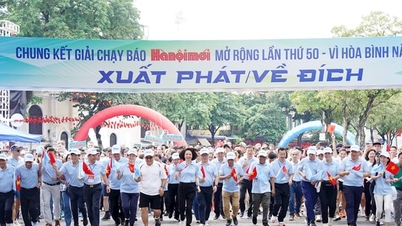





























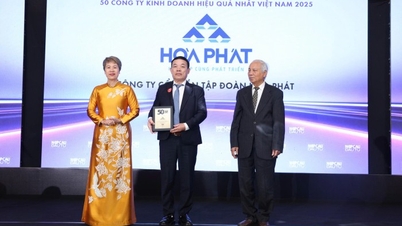















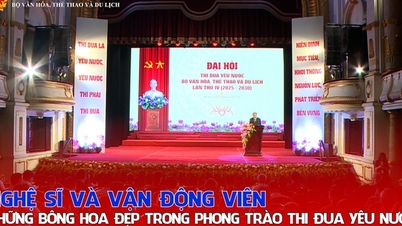


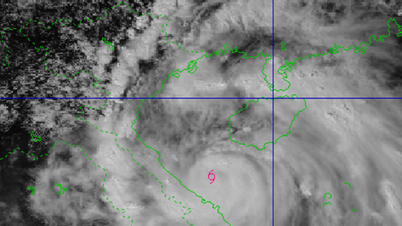
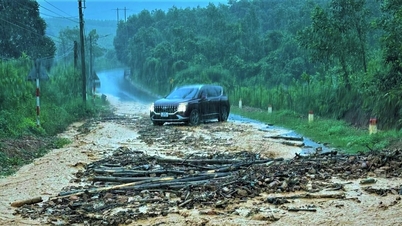















Comment (0)